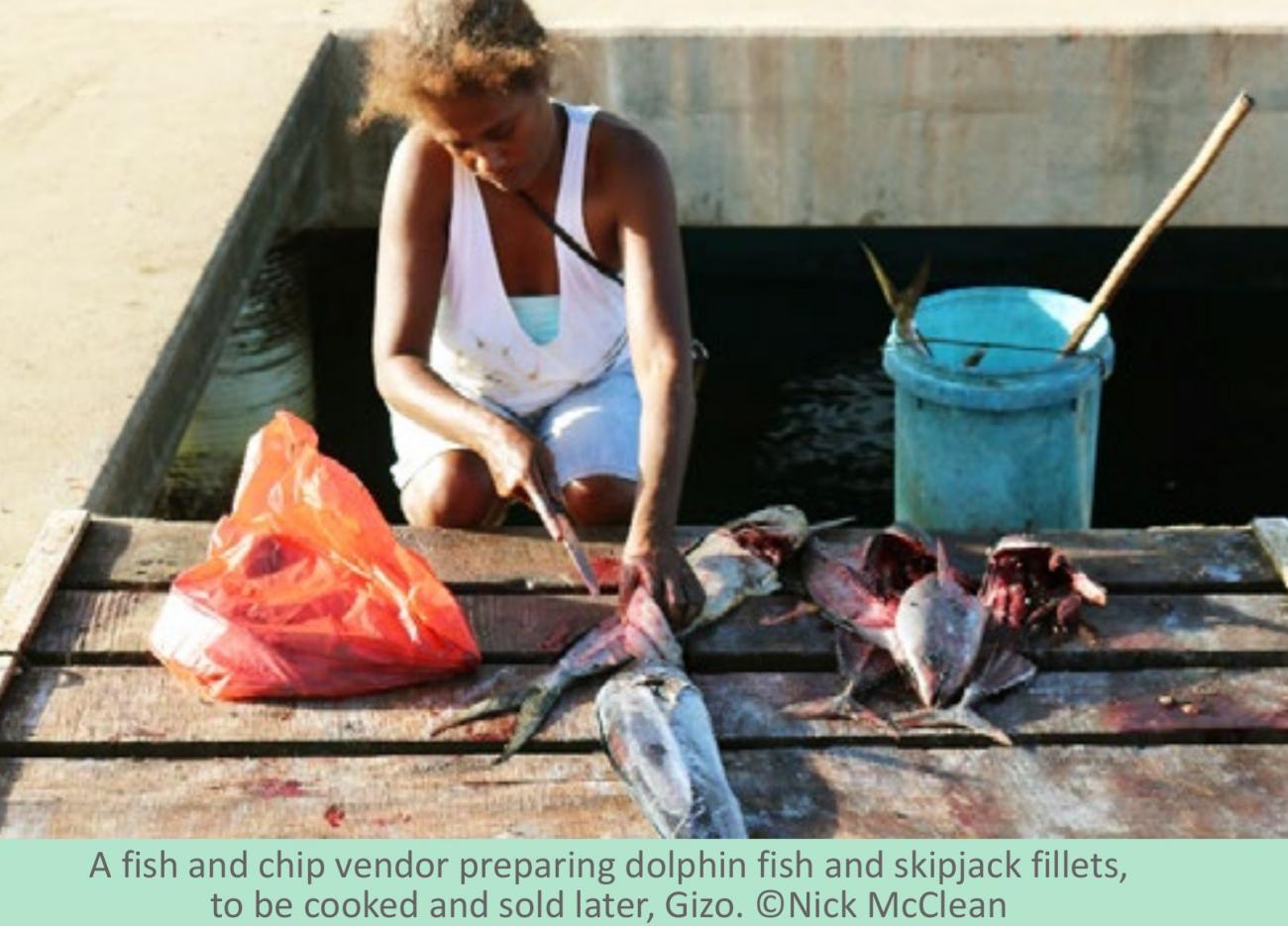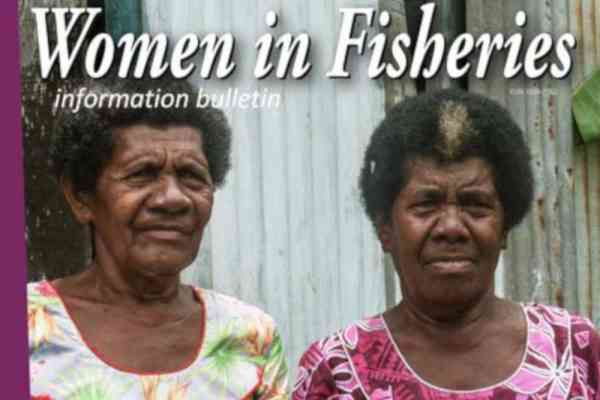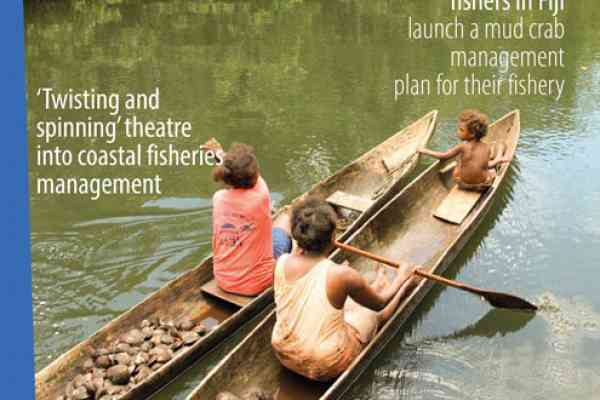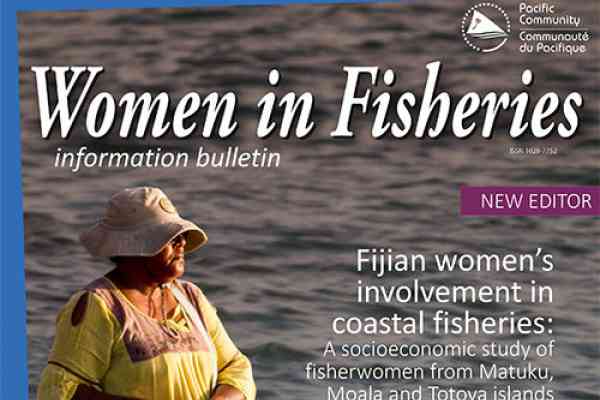(disponible en anglais uniquement)
Gender in tuna value chains: Case studies from Indonesia and Solomon Islands
By Kate Barclay1 , Nicholas McClean1 , Dedi S. Adhuri2 , Reuben Sulu3 and Michael Fabinyi1
There is a wide range of opportunities for women working in tuna fishery value chains. Not many women fish for tuna, which tend to be caught further offshore than where small-scale fishers, usually women, go, or from large industrial vessels that employ only men. Women, however, make up large parts of the workforce in tuna value chains once the catch lands on the wharf. Women work in trading and processing tuna, in manual labour, and in technical, financial and managerial roles. This is true for formal, export-oriented tuna value chains, informal value chains and those ending in domestic markets.
Some of the largest tuna employment opportunities for women and men are poorly paid – general crew on fishing vessels (men) and fish processing line workers (women). Beyond that, however, the roles occupied mainly by women are lower paid and have less authority than roles occupied mainly by men. In office work, women cluster around administrative assistance roles, whereas men cluster around managerial roles. The types of trading mainly women do (smaller scale and more local) is less lucrative than the kinds of trading mainly men do (larger scale and including export markets). On the other hand, the most physically risky work on fishing vessels and lifting heavy loads tend to be done by men.
The work women do in tuna value chains is arranged to fit around family caring obligations, and is shaped by “gender norms”, meaning the socio-cultural ideas about what kind of behaviour is appropriate for men and women. In Indonesia, norms about women’s work are that paid work is important in society, but that this should not conflict with women’s “role in fostering a happy family in general and guiding the young generation in particular” (Ford and Parker 2008). In Solomon Islands, the gendered division of labour around livelihoods, including fishing, has been changing over recent decades with the increasing importance of cash incomes, but women remain more responsible than men for domestic work (Lawless et al. 2019). Some women have done well in careers in tuna value chains. For example, some are technical supervisors or managers in canneries, or have built up trading businesses and fleets of fishing vessels. Within processing companies, the values of senior managers regarding gender equity is an important factor affecting women’s working conditions.
This paper is based on research conducted to assess the governance of tuna fisheries in terms of well-being contributions to coastal communities, with case studies of fisheries in Indonesia and Solomon Islands.4 The project was mostly based on interviews with people in tuna value chains and fisheries management (86 in Indonesia and 48 in Solomon Islands), with analysis of relevant fisheries policy and technical documents. We found that gender as well as socio-economic status and status as migrants were key social factors affecting what kinds of opportunities were available to which people, and who was best able to grasp opportunities in tuna value chains. In this paper, we present key findings about the gendered division of labour in each tuna value chain case study.
Read the full story here.
Download:
Women in Fisheries Information Bulletin #31
1. Faculty of Arts and Social Sciences, University of Technology Sydney, P.O. Box 123 Broadway, NSW, 2007, Australia. Corresponding author: kate. [email protected]
2. Research Center for Society and Culture, Indonesian Institute of Sciences (LIPI), Jakarta, Indonesia.
3. Independent fisheries and aquatic ecology researcher, Honiara, Solomon Islands.
4. For further information about the larger project, see https://www.uts.edu.au/about/faculty-arts-and-social-sciences/research/fass-researchprojects/assessing-governance-tuna. There are also opportunities for women in the pre-fishing end of the value chain – in supplying goods and services for fishing, such as food for fishing crews, gardening and cleaning for factories, repairing nets and other fishing gear and equipment. These inputs to tuna value chains were, however, outside the scope of our project so are not considered in this paper.



